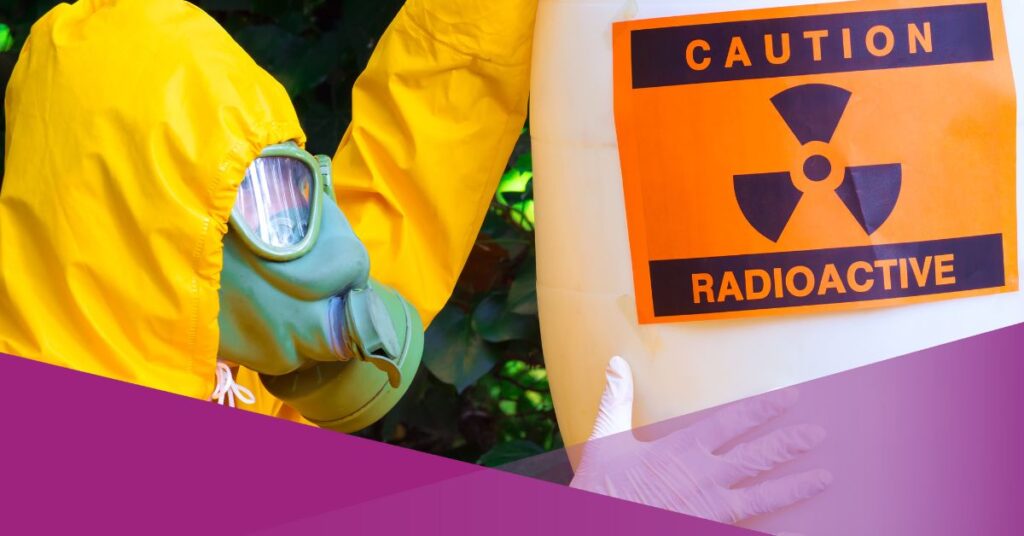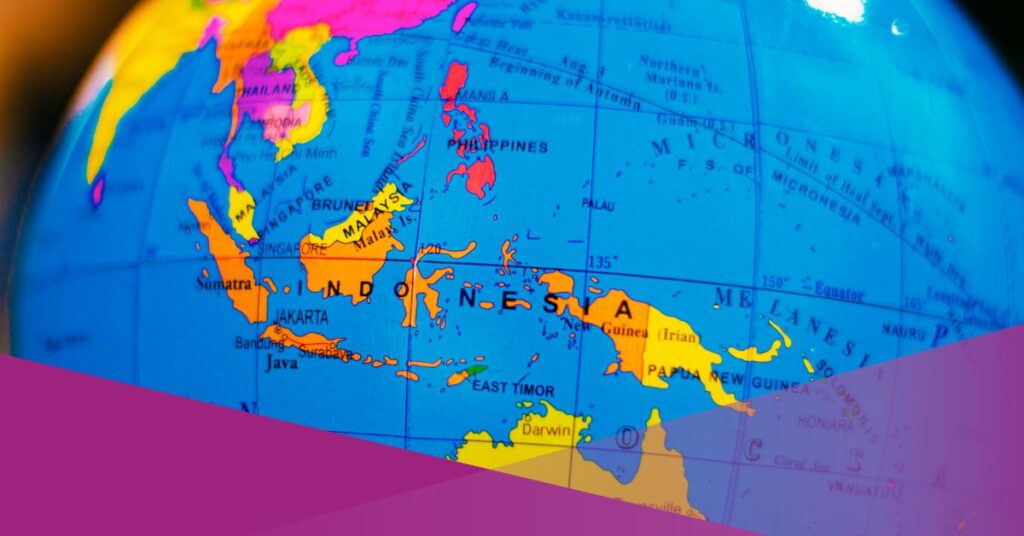The Indonesian government has designated the Cikande area in Serang Regency, Banten, as a special incident zone for radioactive contamination involving Cesium-137 (Cs-137).
The decision was announced by the Coordinating Minister for Food Affairs, Zulkifli Hasan, following investigations into shrimp exports contaminated with radioactive material.
“Today, we have designated Cikande as a special incident for radionuclide radiation CS-137. So, the special incident status is in Cikande, not anywhere else,” Zulkifli said during a coordination meeting at Graha Mandiri on Tuesday, 30 September 2025, as quoted by Kompas.
The government has taken precautionary steps to contain the contamination. These include inspecting containers at Tanjung Priok port, removing potential sources of radiation, and questioning PT Peter Metal Technology (PT PMT) along with 15 scrap metal stall owners in the area.
PT PMT, a stainless steel smelting company, has been identified as the suspected source of the radioactive leak.
“The Task Force will investigate PT PMT’s management abroad and other parties based on the investigation’s progress,” Zulkifli added.
The Nuclear Energy Regulatory Agency (Bapeten) had earlier discovered several sites in Serang Regency with radioactive traces, linked to Cesium-137.
This followed an alert raised in the United States after frozen shrimp exports were rejected at major ports, including Los Angeles, Houston, Savannah and Miami, when radiation was detected in containers during August 2025.
@kompascomPemerintah menetapkan Cikande, Kabupaten Serang, Banten, sebagai daerah terpapar radiasi radionuklidal Cesium 137. Pemerintah lakukan dekontaminasi, salah satunya opsi penanaman bunga matahari untuk menyerap radiasi. Penulis: Elsa Catriana, Teuku Muhammad Valdy Arief, Kementerian Lingkungan Hidup Kreatif: Nabilla Mutiara Produser: Reza Kurnia Darmawan + #Radiasi #Banten #Peristiwa ##Read♬ suara asli – Kompas.com
Source of Contamination and Impact on Residents
Environment Minister Hanif Faisol Nurofiq provided further details on how the contamination occurred. He explained that PT PMT’s smelting process, which uses an induction method to process scrap metal, released radionuclide compounds into the air.
“So, they [PT PMT] process scrap using the induction method. Then the pollution became airborne and settled in many areas, including the shrimp. Previously, the Cs-137 pollution only settled on the exhaust fan, generator, and so on,” Hanif said, as quoted by Bisnis.com.
Hanif also noted that PT PMT not only smelts iron but acts as a temporary storage facility for scrap metal. As a result, the government has tightened controls around the Cikande Modern Industrial Estate.
“We have created a single gate, so we ensure that all vehicles leaving there are free of Cesium-137. So if there is cesium, we immediately call for decontamination. The team is already working,” he added.
The Coordinating Ministry for Food Affairs confirmed that 1,562 residents and workers in Cikande Village had been examined for possible exposure to Cs-137. Zulkifli Hasan reassured the public that the tests revealed no serious health effects.
“We have examined 1,562 workers and residents, and there were no serious impacts,” he explained. However, he noted that his office is working with the Ministry of Health to provide medication for residents suspected of being exposed to higher levels of Cs-137.
Zulkifli further stressed that the contamination was limited to Cikande and did not affect the wider national supply chain.
“The Task Force investigation confirmed that the CS-137 contamination occurred only in Cikande, not in the national supply chain or exports. Therefore, today we have determined Cikande specifically in Cikande is a special incident status for CS-137 radionuclide radiation,” he said.
Since 2 September 2025, 18 containers of shrimp belonging to PT Bahari Makmur Sejati (PT BMS) had been returned to Indonesia from the United States.
After inspections by a joint team including Customs and Excise, the Indonesian Quarantine Agency (Barantin), Bapeten, and the Ministry of Marine Affairs and Fisheries, tests confirmed that the shrimp were no longer contaminated. A release certificate was issued, allowing PT BMS’s products to resume export.
The government has reiterated its commitment to strict monitoring and decontamination measures in Cikande, underlining that the contamination remains a localised incident and does not extend beyond the designated area.

































